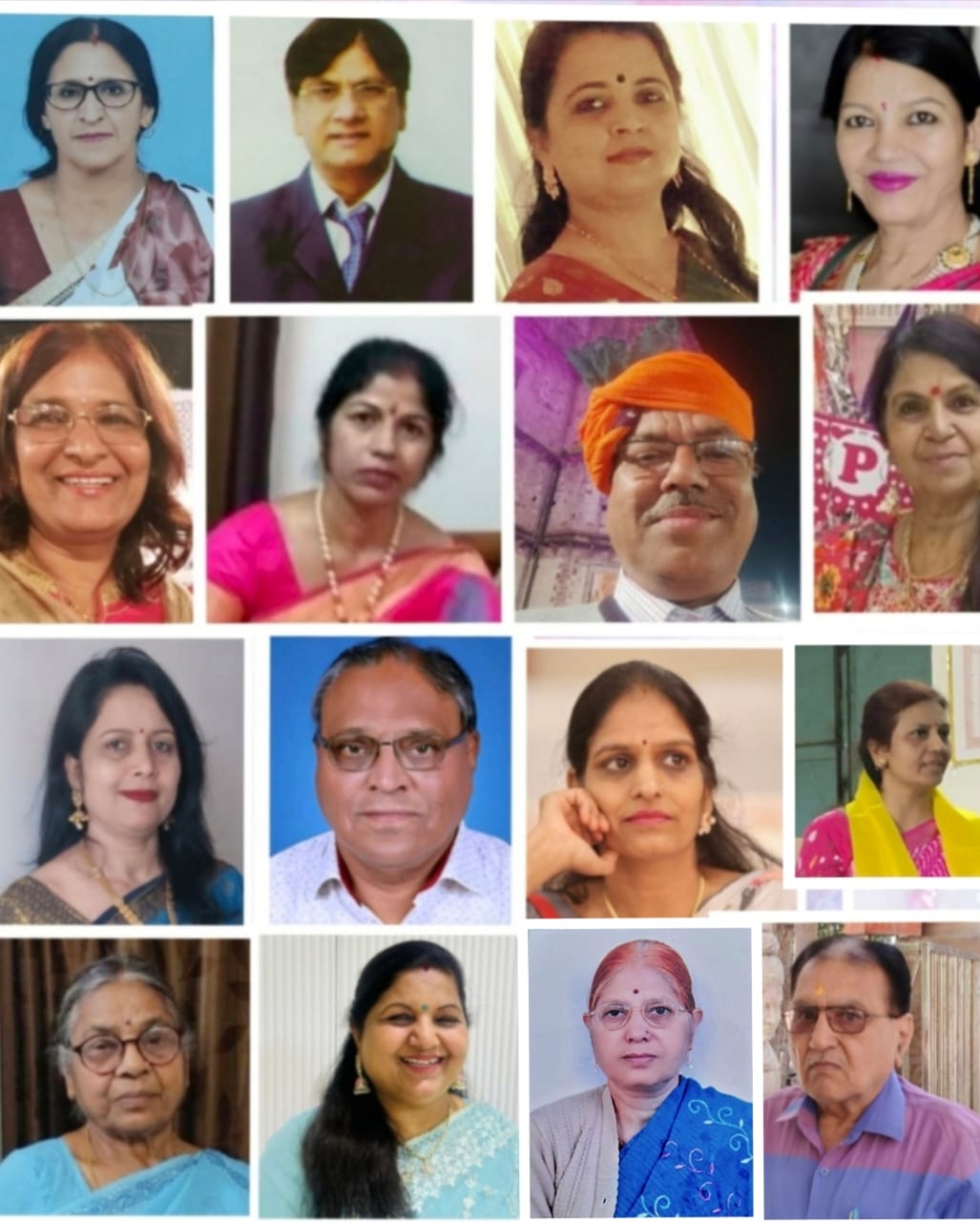
Literacy has always been more than just the ability to read and write—it is the measure of a nation’s progress, culture, and collective strength. The panel discussion convened by Dr. Prabhat Kumar Singhal in Kota placed this truth at the center, examining literacy not merely as an educational statistic but as a transformative force shaping India’s society, economy, and democracy.
From Independence to the Present: The Numbers Tell a Story
At the time of independence, India’s literacy rate was a modest 17 percent. Today, it stands at 80.9 percent, reflecting a remarkable journey of educational reform and social change. Yet, the details reveal persistent gaps: male literacy is 87.2 percent, female literacy 74.6 percent; urban literacy is 90 percent while rural literacy lags at 77 percent. Mizoram and Kerala have crossed the 95 percent mark, while states like Bihar, Madhya Pradesh, and Rajasthan still hover near 75 percent. The figures remind us that while the nation has traveled far, the road ahead remains long.
Literacy as Liberation
Speakers agreed that literacy has been one of the strongest forces in India’s transformation. It has helped eradicate exploitation, superstitions, and rigid social barriers, while empowering families to dream beyond survival. Dr. Manisha Sharma, Head of the Hindi Department at Government Arts Girls College, Kota, described literacy as “a pillar of intellectual, cultural, and economic strength.” She stressed that it liberates individuals from caste and gender discrimination and strengthens the roots of democracy.
Educationist Yogendra Sharma, Chairman of the Shishu Bharati School Group, reflected on the post-independence landscape where illiteracy bred exploitation. He noted that mass literacy campaigns not only educated people but also gave them courage to question injustice.
Beyond Reading and Writing: New Dimensions of Literacy
The discussion highlighted how literacy has expanded beyond its traditional definition. In today’s age, literacy is inseparable from digital literacy, financial literacy, and social awareness. As Ram Mohan Kaushik, retired railway engineer, emphasized, “Digital literacy is no longer optional; it is the very foundation of modern governance, economy, and communication.”
Writer Dr. Yugal Singh argued that literacy sustains culture while breaking superstition, whereas Dr. Anita Verma, Principal of Sangod College, underlined its power to instill confidence and social responsibility. For Dr. Himani Bhatia, Assistant Professor from Baran, literacy is the “foundation stone of a well-organized society,” equipping citizens with decision-making ability and awareness of rights and duties.
Challenges on the Path to Inclusive Literacy
Despite progress, challenges remain. Dr. Krishna Kumari stressed the need to bring illiterate communities into the mainstream by convincing them of education’s long-term benefits. Advocate Akhtar Khan Akela reminded the gathering that true literacy must also teach humility, empathy, and resilience, not just technical skills.
Dr. Aparna Pandey issued a caution: as literacy rates climb, humanity must not decline. “Knowledge without compassion and ethics is incomplete,” she said, reminding participants that literacy must remain grounded in values.
Women, Youth, and the Future of Literacy
Several speakers emphasized that women’s literacy is the key to societal upliftment. A literate mother, they observed, becomes the first teacher of her family, multiplying the benefits of education across generations. Dr. Vaidehi Gautam beautifully linked literacy with the Sanskrit saying “Vidya Dadati Vinayam”—knowledge bestows humility—stressing that it makes individuals socially aware, gender-sensitive, and confident.
Jaipur-based writer Akshaylata Sharma called literacy the pathway to self-reliance and independent thought, while Dr. Sanju Shringi, Dr. Pallavi Darak Nyati, and others highlighted how literacy builds cultural continuity, strengthens women, and ensures justice.
The Shared Vision: Literacy as a Nation’s Strength
The discussion concluded with a unified message: literacy is not a mere skill but a transformative power. It nurtures values, broadens perspectives, builds confidence, and strengthens democracy. A literate society is an inclusive, self-reliant society—one that can balance tradition with innovation, ethics with progress, and individual aspirations with national goals.
The panelists collectively envisioned literacy as the nation’s greatest guarantee of equality, sustainability, and human dignity. If India must secure its place as a global leader, literacy must continue to be its strongest foundation.